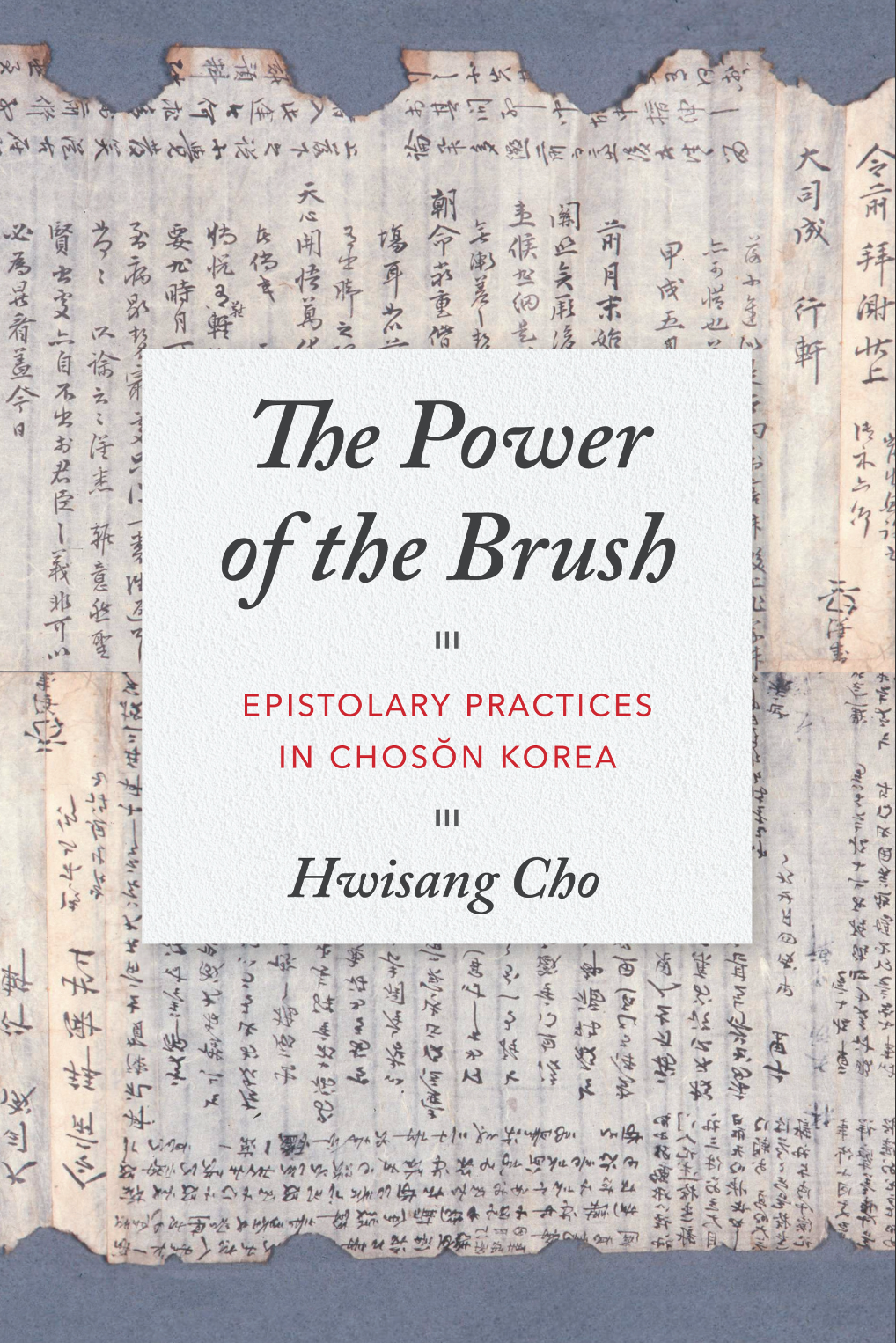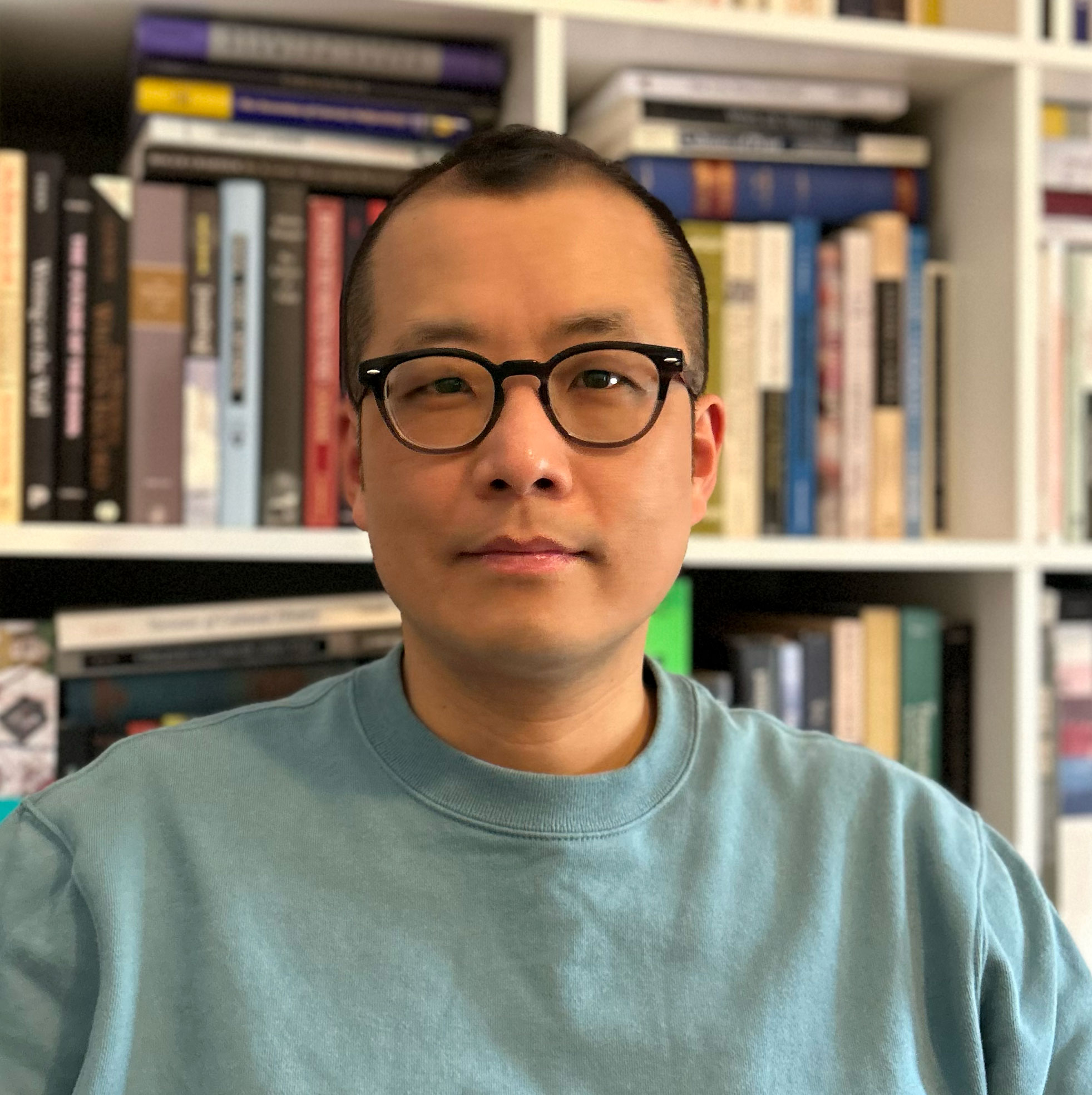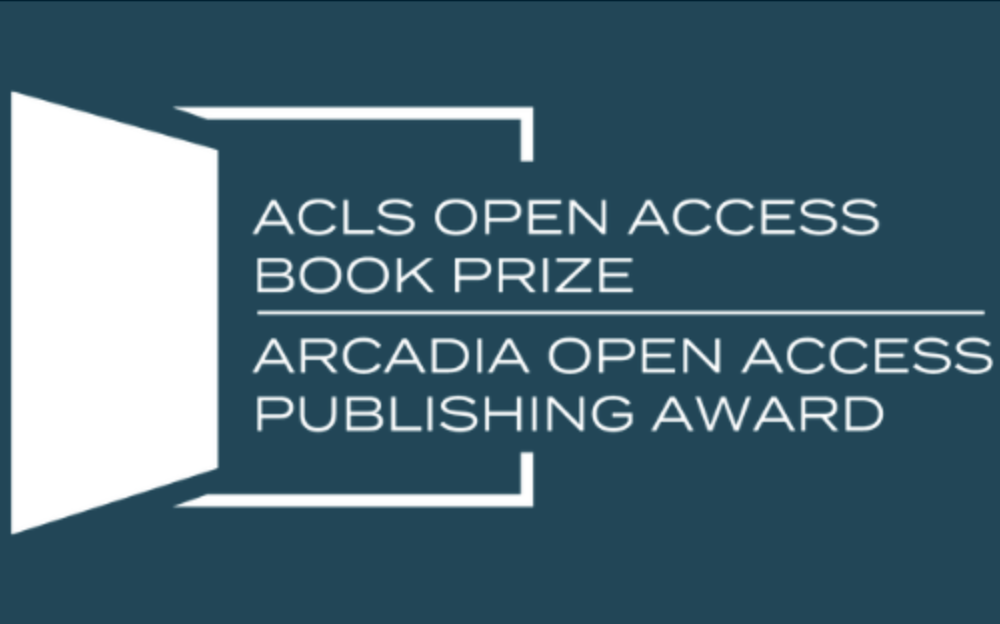The Power of the Brush: Epistolary Practices in Chosŏn Korea
by Hwisang Cho
Hwisang Cho is Associate Professor of Korean Studies in the Department of Russian and East Asian Languages and Cultures.
The invention of an easily learned Korean alphabet in the mid-fifteenth century sparked an “epistolary revolution” in the following century as letter writing became an indispensable daily practice for elite men and women alike. The amount of correspondence increased exponentially as new epistolary networks were built among scholars and within families, and written culture created room for appropriation and subversion by those who joined epistolary practices.
Focusing on the ways that written culture interacts with philosophical, social, and political changes, The Power of the Brush examines the social effects of these changes and adds a Korean perspective to the evolving international discourse on the materiality of texts. It demonstrates how innovative uses of letters and the appropriation of letter-writing practices empowered elite cultural, social, and political minority groups: Confucians who did not have access to the advanced scholarship of China; women who were excluded from the male-dominated literary culture, which used Chinese script; and provincial literati, who were marginalized from court politics. New modes of reading and writing that were developed in letter writing precipitated changes in scholarly methodology, social interactions, and political mobilization. Even today, remnants of these traditional epistolary practices endure in media and political culture, reverberating in new communications technologies.
Power of the Brush is the recipient of honorable mentions for the Modern Language Association Prize for a First Book (2021) and for the James B. Palais Prize from the Association for Asian Studies (2022). It is also a finalist for the ACLS Open Book Prize.
“Hwisang Cho's book is a welcome addition to a nascent body of English-language scholarship on the study of Korean letters and provides vital insight into how epistolary practice in sixteenth-century Chosŏn spurred sociocultural and political change.” Acta Koreana
“An entirely original contribution that demonstrates that what seems to us moderns a seemingly marginal or trivial topic (letters) was actually central to much of political and intellectual life in Chosŏn Korea, distinguishing the Korean Neo-Confucian tradition from that of China.” Ross King, University of British Columbia

More places to read or download this book
From the author


